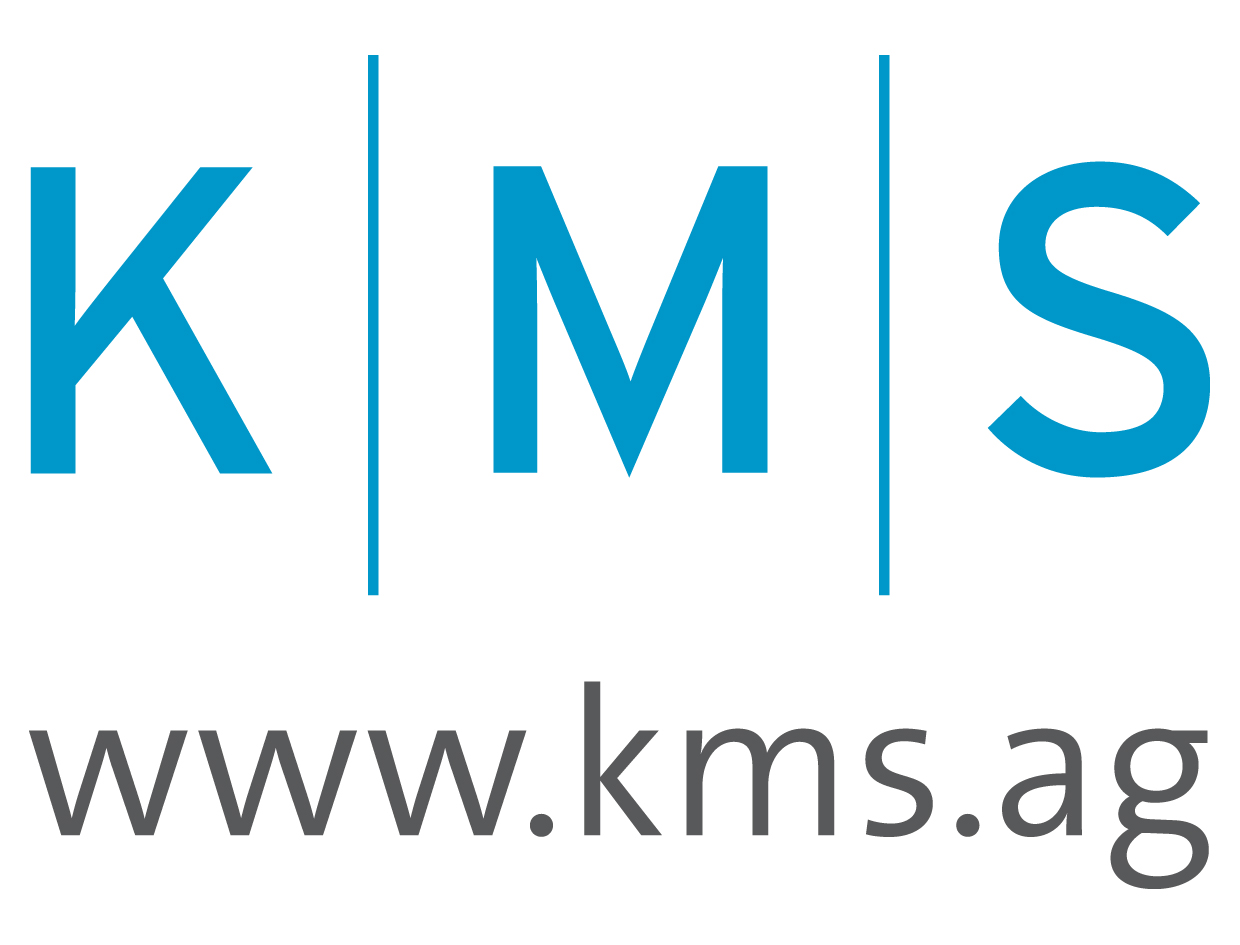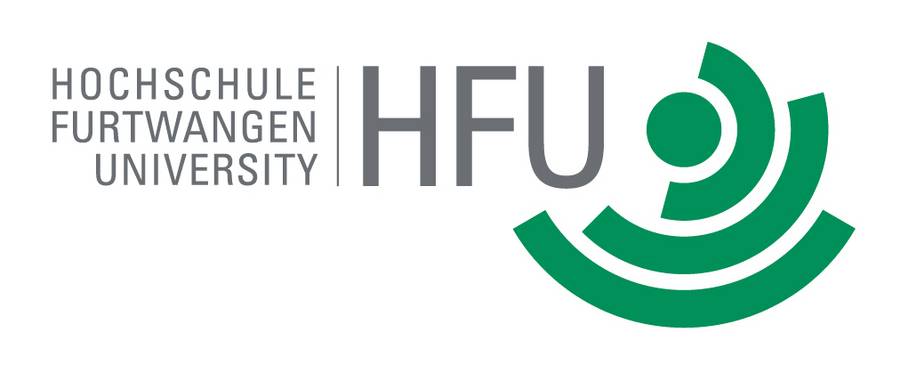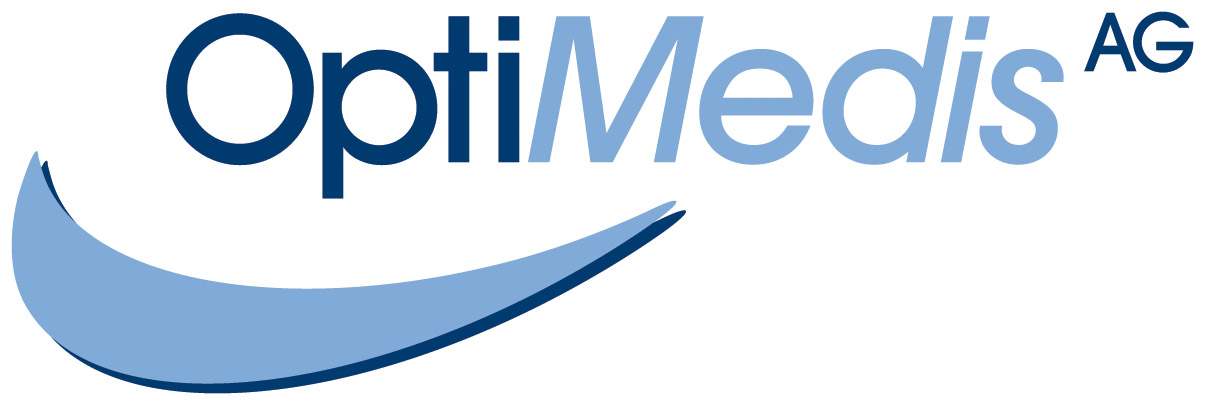Update is coming soon …
Summary
One type of stock fund has outperformed all others over the past five years. And some analysts say it is well-positioned to continue its winning ways.
The category?
Health-care funds.
They gained an annualized 22% over the past five years, on average, and outperformed the Standard & Poor’s 500 stock index by an average of six percentage points a year over that period. In 2014, they gained 28% through December 28, compared with 15% for the S&P 500.
Health-care companies have long been a favorite of cautious investors looking for stable investments. When we get sick, we pay for essential drugs and medical services regardless of how the market or economy is doing.
In recent years, however, the industry has undergone dramatic changes, finding strong profits in new medicines and treatments, a trend that has transformed health-care companies into bull market leaders.
But how long can health-care stocks continue to zoom ahead, especially since overall health-care spending has risen quite slowly since the 2007–2009 recession began?
Bottom Line/Personal asked top mutual fund analyst Todd Rosenbluth what’s ahead for health-care funds and which are the best for 2015 and beyond…
POWERFUL TRENDS
Health-care companies overall have stocks that are attractively priced despite years of strong gains. In December, the stocks were trading at prices about 18.5 times estimated 2015 earnings, on average, just slightly higher than the average price-to-earnings ratio (P/E) for all the S&P 500 stocks overall.
Moreover, health-care spending only recently began to recover from the Great Recession. From 2009 to 2013, it grew less than 4% annually, well below its historical rate as Americans cut back in the face of stagnant wages and a weak economy. But in 2014, health-care spending grew an estimated 6%. And spending will continue to accelerate, thanks to several trends.
Scientific advances are creating breakthroughs in biotechnology, medicines and treatments. In the past four years, the Food and Drug Administration (FDA) approved a total of more than 130 new drugs, compared with 89 in the previous four years. A rapidly aging US population has an insatiable demand for those products and services. In addition, the Affordable Care Act has spurred millions of formerly uninsured Americans to sign up for coverage. And globally, a growing middle class in emerging markets is adding to demand.
Despite these developments, investors in health care need to be selective. Strong gains by pharmaceutical stocks have pushed down their dividend yields, making them less attractive for income-oriented investors. And biotech stocks will be especially tricky this year. Valuations for some of them are stretched following double-digit gains for the fifth consecutive year. Even picking the right health-care fund has become a challenge, with more than 60 health-care mutual funds and exchange-traded funds (ETFs) to choose from, ranging from narrowly focused ones that are some of the most volatile in the entire fund universe to broadly diversified funds that are more conservative than the S&P 500.
Because you may already have health-care exposure in your portfolio through individual stocks or diversified mutual funds, you should consider limiting your investment in a health-care fund to no more than 5% to 10% of your total stock allocation. That should be enough to give your overall returns a boost with
out taking on excessive risk.
The best funds for various types of investors…
AGGRESSIVE INVESTORS
These funds focus on the fastest-growing or most undervalued health-care companies. The gut-wrenching volatility of these stocks requires a lot of patience, but they are likely to offer the highest returns in the industry over the next five years or longer…
- Fidelity Select Biotechnology Portfolio (FBIOX) focuses on some of the most exciting, and riskiest, stocks in the entire market—biotechs. Many biotech stocks are subject to wild price swings because their fates often depend completely on FDA approval of new drugs. Fund manager Rajiv Kaul, whose performance ranks in the top 1% of the fund category over the past five years, takes a less aggressive approach than most fund managers in the category, reducing volatility somewhat. He holds about 200 stocks, investing three-quarters of the fund’s assets in already profitable biotech firms that have many new drugs under development. The remaining assets are invested in speculative stocks of small companies with potential blockbuster treatments still in clinical trials. Performance: 32%.* Fidelity.com
- iShares US Healthcare Providers ETF (IHF) invests in about 50 top insurers, diagnostic companies and pharmacy-benefits managers. These stocks offer some of the best values in health care now. Their performance has lagged other parts of the sector because they are more closely tied to the growth of the overall US economy. With US economic growth likely to strengthen this year, these stocks could play catch up and do well in 2015. Performance: 19.6%. iShares.com
MODERATELY AGGRESSIVE
These funds mix both aggressive and more stable stocks that span the entire health-care industry.
- Fidelity Select Health Care Portfolio (FSPHX) invests in what the managers believe to be reasonably priced large-cap growth stocks. Fund manager Edward Yoon anchors the fund by investing one-third of assets in stable pharmaceutical companies such as Bristol-Myers Squibb and the generic-drug company Activis. Earnings growth rates among drug companies are finally bouncing back after a wave of patent expirations on high-profile drugs back in 2012 opened up their big sellers to competition. Yoon also has been reducing the fund’s exposure to biotechs and increasing positions in companies that help cut costs in the health-care system. Performance: 26%. Fidelity.com
- T. Rowe Price Health Sciences Fund (PRHSX) follows a game plan similar to that of the Fidelity fund but devotes a bigger allocation to biotech stocks and keeps about 40% of the fund in small and mid-sized companies. Performance: 27.7%. TRowePrice.com
CONSERVATIVE INVESTORS
If you worry about the stock market getting rocky this year, this fund provides some defense by limiting exposure to particularly volatile stocks, focusing on very large, cash-rich companies and looking for stocks at bargain prices.
- Vanguard Health Care Fund (VGHCX) is one of the largest and least expensive actively managed health-care funds, with an annual expense ratio of 0.35%. It’s also one of the least volatile. Manager Jean Hynes has nearly half of the assets in global pharmaceutical giants such as AstraZeneca, Merck & Co. and Roche Holding, which derive an increasingly large amount of revenue from emerging markets. This is a good choice if you want to try to beat the S&P 500 consistently with limited risk. Performance: 20.2%. Vanguard.com
* Performance figures are annualized returns for the five years through December 28, 2014.
Source: Todd Rosenbluth, senior director overseeing mutual funds and ETFs for S&P Capital IQ, an equity research firm that provides investment research and analytical tools to more than 4,000 investment banks, private-equity firms and financial-services clients, New York City. SPCapitalIQ.com












